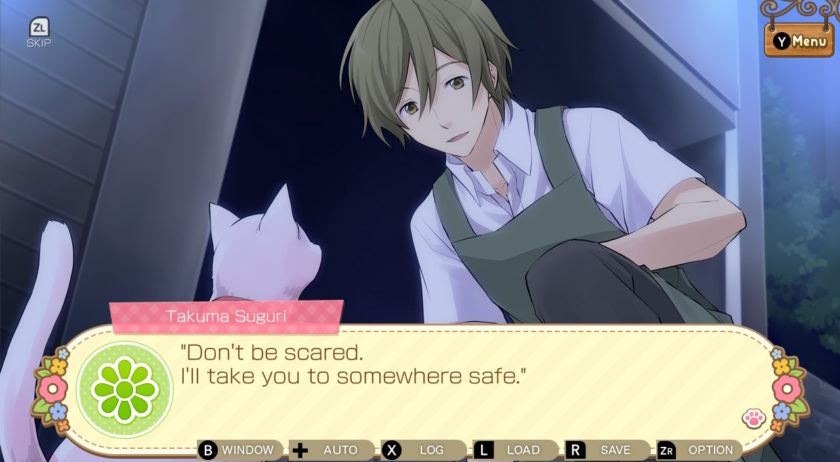Welcome to Learningworks for Kids Game Vocabulary for Parents! In this series, we are highlighting some key gamer vocabulary for busy parents and defining the key executive functions that can be strengthened through play. This video will focus on the game genre Visual Novel. Click below to watch the video and learn more. The transcript is also provided below for your convenience. A special thanks to our videographer J.R. for his work on this awesome video!
Hi and welcome to Learningworks for Kids’s Gaming Vocabulary for Parents. This is a video series where we will be taking some of the most common gaming terms and vocabulary and breaking down their meaning and how these terms can help you understand the executive functioning skills behind your child’s favorite games. Like what you see? Then be sure to visit us at learningworksforkids.com to read our educational blogs, read our game reviews, and learn more about how to create a balanced play diet for your child.
Today we’re going to talk about the genre of games known as Visual Novels. Visual Novels are text-based interactive games that most closely resemble graphic novels or other mixed media print stories. The player takes on the role of a character in the first person and moves through the game by interacting with other characters in the game, making decisions about dialogue and actions. The visuals in the game can be static images or movement-based. Popular titles in the visual novel series for younger audiences include the Ace Attorney series, the Famicom Detective Club series and the Sci Fi Thriller Gnosia.
You might be wondering why your child wants to play these games instead of picking up a good, wholesome book, but fear not! By playing visual novel games, your child is learning some essential executive functioning skills that may help them the next time they need to complete a reading assignment for school.
First, visual novels are not book-length but that doesn’t mean that there is not a huge amount of reading involved in playing them through to completion. The main way the player interacts with the world of the game is through dialogue with the other characters. This means that your child needs to use their focusing skills and pay attention to what is being said as they progress through the story. When options are given in the game, the player puts that focus to the test to make a decision about how the game will progress based on their choices.
Visual novels can also help with self-awareness skills. Because the player puts themselves into the role of a character from the game in the first person, they can feel like they are actively involved in the story. Their character may fall in love, hurt someone’s feelings, or even be called upon to solve a mystery. The ability to empathize with the character you are embodying is a great way for children to practice responding to certain “big” feelings in a safe space and in a way that traditional novels or comic books cannot provide.
Well, that’s all the time we have for today. If you’d like to watch more videos like this, go ahead and hit the subscribe button. We publish new content every week so you can learn how to set up your child’s play diet. To learn more visit learningworksforkids.com


